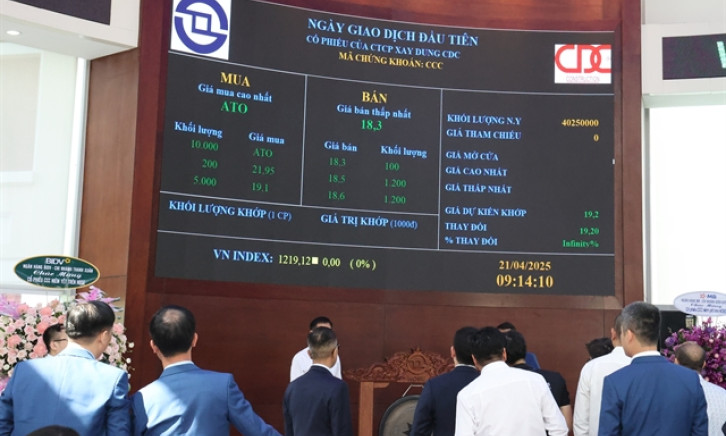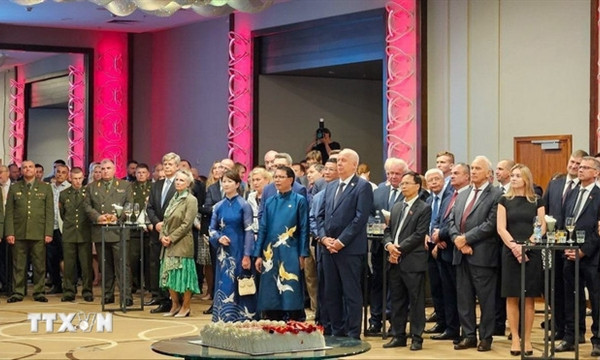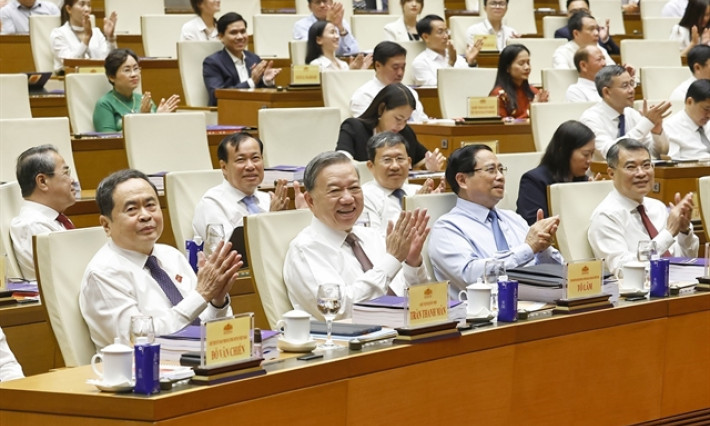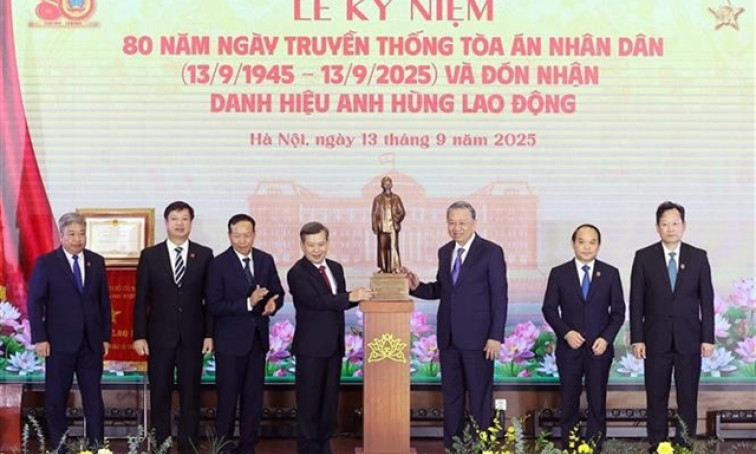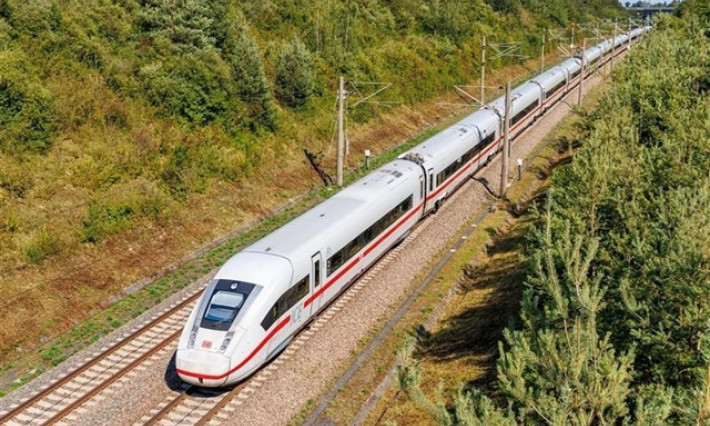Challenges remain in implementation of EPR
World leaders congregated this month in Glasgow, the UK, to tackle the climate crisis at the United Nations Climate Change Conference (COP26).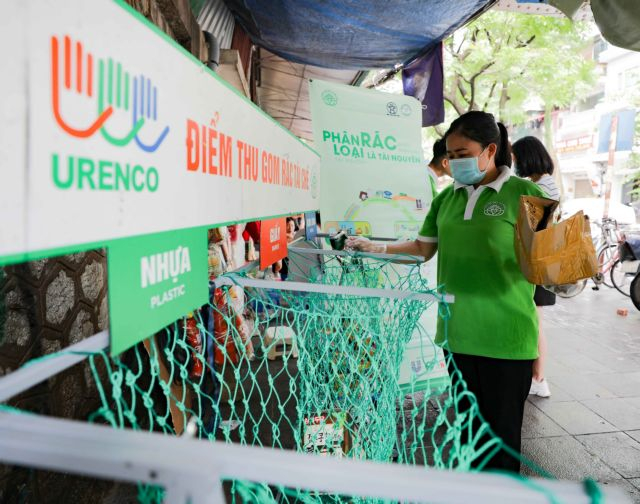
While the main headlines revolved around policies on methane, net-zero emissions and deforestation, issues on waste and recycling were sorely lacking from the summit’s agenda.
Dr Adam Read, President of the Chartered Institution of Wastes Management (CIWM), criticised the lack of representation for recycling and waste management throughout COP26.
“The fact that the UN Climate Change Conference UK 2021 hasn’t fully recognised the integral part the resources and waste sector has to play in helping to reach net-zero targets, not just in the UK, but globally, is a critical oversight on their part,” Dr Read said.
The UK government itself is still hashing out the details of Extended Producer Responsibility (EPR) for packaging and a Deposit Return Scheme (DRS) in England, Wales and Northern Ireland, with consultations held earlier this year.
British lawmakers recommended that manufacturers cover the full costs of recycling packaging waste, standardising domestic and commercial waste collection and introducing a DRS for certain types of packaging in 2024.
Despite its absence from COP26, the UK government is still pushing ahead with an overhaul of recycling procedures as part of its Resources and Waste Strategy and seeking to enshrine them in the Environment Bill.
As previously reported, the Vietnamese Government adopted the amended Law on Environmental Protection last November, which provides a legal framework on EPR in the country.
While activists and environmental groups are keen to see such regulations come into force, companies are still weighing up the additional costs required to follow recycling rules.
As proposed in Việt Nam, the highest rate of recycling under the EPR will apply to aluminium packaging and PET bottles at 22.5 per cent, and the lowest for vehicles at 1.8 per cent.
The EPR will require the participation of all stakeholders, including manufacturers, retailers, consumers, waste collectors and recycling businesses. If this chain is controlled well, it can guarantee a certain quality of waste, so that packaging can become high-value raw materials after use. Waste will return to the production cycle instead of being discharged into the environment, helping develop a circular economy. However, obstacles remain for participants in this waste chain.
At a seminar on EPR held by the Việt Nam Chamber of Commerce and Industry (VCCI) last month, Lê Thị Ngọc Mỹ, head of sustainable development at Heineken Việt Nam, said that the business had great ambitions in sustainability. In addition to recycling and reusing packaging, Heineken aims to use 100 per cent recycled resources in production by 2025, according to Mỹ. However, the main challenge is in terms of policy.
“The EPR mechanism continues to be delayed, making it difficult for businesses to implement circular economy issues. For pioneering enterprises, there are always obstacles in terms of policy," Mỹ said.
Nguyễn Thị Thu Hằng, Director of Public Affairs, Communication and Sustainable Development at Coca-Cola Việt Nam, also pointed out four challenges for businesses when implementing environmental and social responsibility programmes.
Firstly, businesses are struggling as they have to synchronise the resource cycle, for example in product design. EPR requires businesses to adjust the design, shape, and materials of their products to ease collection and recycling.
The second challenge is collection, especially for plastic waste. The third is the lack of recycling technology in Việt Nam. While some facilities do exist, they are mainly in craft villages with rudimentary modern technology. This affects the quality and life cycle of the product after recycling.
Finally, businesses are also facing problems with databases and information systems. The connection between manufacturers, importers and users is still very limited. Therefore, the rotation of packaging products and materials for production has become a big challenge for companies.
Phan Thị Thanh Xuân, General Secretary of Việt Nam Leather, Footwear and Handbag Association (Lefaso), told Việt Nam News that the EPR would have some effects on leather and footwear companies, but as their products were mainly exported, especially to developed markets, they already met some strict environmental requirements.
However, Xuân suggested that the regulations should be more progressive, so as not to create additional burdens in terms of administrative procedures or raised costs for businesses.
One concern is that the higher costs associated with EPR compliance will be passed onto consumers. Thus, on top of strong legislation that will encourage producers to take responsibility for their products once they reach the end of their lives, significant oversight is needed to ensure producers follow the EPR rules and limit price rises on their products. In rolling out such initiatives, it is crucial to create a level playing field with fair competition.
Returning to the UK, the Department for Environment, Food and Rural Affairs (Defra) estimates producers will pay annual costs of up to £2.7 billion (US$3.68 billion) in the first year of the EPR’s implementation. According to a recent study on the impact of EPR, the costs could push up the price of an average shop by up to 0.6 per cent. While this represents a small increase in the face of looming climate catastrophe, such a rise would hit the poorest hardest.
Faced with pressing climate challenges, initiatives like the EPR go some way to tackling a rising tide of waste. However, if they are to be successful, such programmes require significant oversight, both to ensure compliance, and that benefits are evenly distributed – to planet and people.


